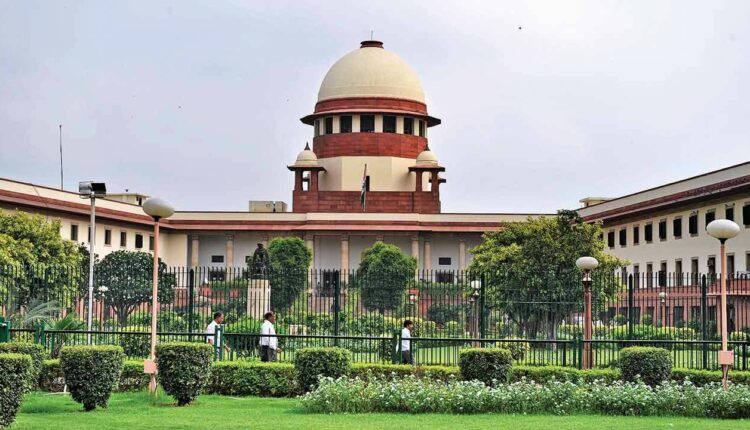The Aam Aadmi Party (AAP) has joined the ranks of the Congress and Asaduddin Owaisi’s AIMIM in challenging the Waqf Amendment Bill in the Supreme Court. The controversial legislation, which has passed both Houses of Parliament, now awaits the President’s assent.
This proposed amendment to the 1995 Waqf law has sparked significant concern among opposition parties, who argue that the law is discriminatory and unfairly targets Muslims. According to AAP MLA Amanatullah Khan, the bill will undermine the religious and cultural autonomy of Muslims by enabling excessive government interference in their religious and charitable institutions.
Khan’s petition argues that the bill infringes on multiple fundamental rights, including the rights to equality, religious freedom, and the rights of minorities. He further contends that the legislation curtails Muslim autonomy, allowing arbitrary executive intervention in Waqf management, which could harm the community’s ability to govern its affairs.
The petition follows similar legal challenges by Congress MP Mohammad Jawed and AIMIM leader Asaduddin Owaisi. Jawed, a member of the parliamentary committee that reviewed the Waqf Bill, claims that the law discriminates against Muslims by imposing additional restrictions on them, restrictions that are not applied to other religious bodies.
One of the most contentious provisions in the bill is the inclusion of non-Muslim members on Waqf boards and state councils. Owaisi strongly objected, pointing out that no such provision exists for Hindu or Jain endowment boards, calling it a clear violation of the Constitution.
Owaisi also accused the BJP of using its parliamentary majority to “destroy” Muslim rights rather than reforming the system, stating, “By enacting this law, you are waging a war on Muslims.”
However, BJP MP Ravi Shankar Prasad defended the bill, emphasizing that it would bring transparency and accountability to Waqf boards. He reassured the public that the bill would not affect any mosque or graveyard, dismissing concerns that it would lead to the confiscation of Waqf properties.
The bill was passed in the Lok Sabha on Thursday with 288 votes in favor and 232 against, following intense debates between the opposition and the government. The Rajya Sabha then cleared the bill with 128 votes for and 95 against. The bill’s passage has triggered widespread protests in several cities, including Kolkata, Chennai, and Ahmedabad, following Friday prayers.



Comments are closed.